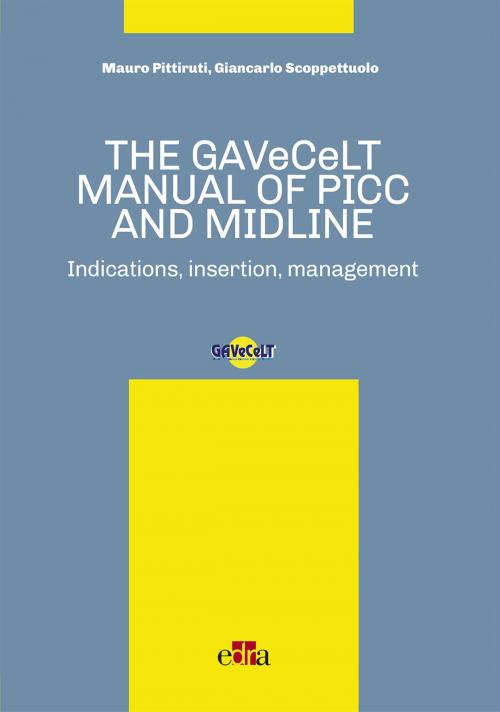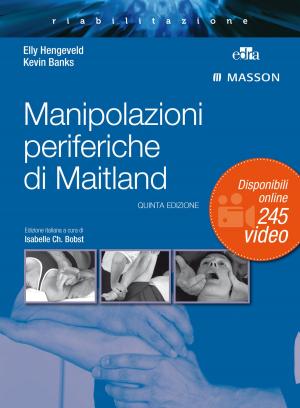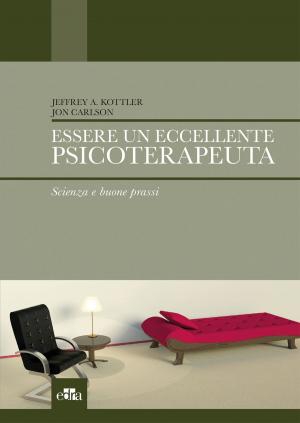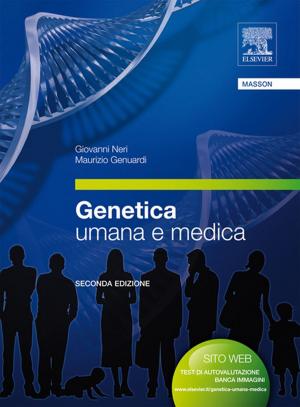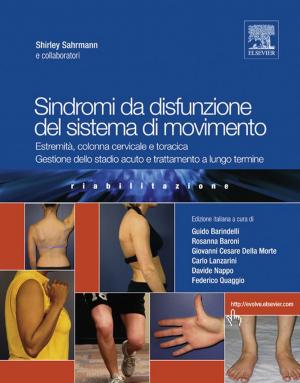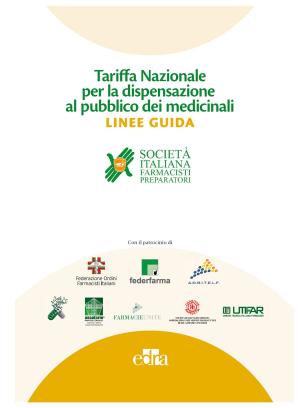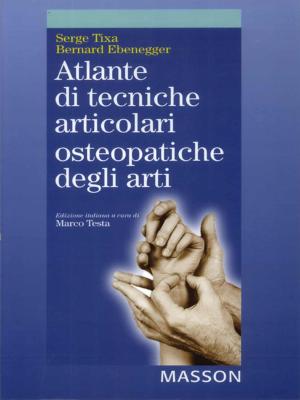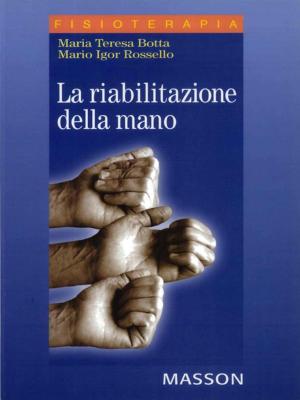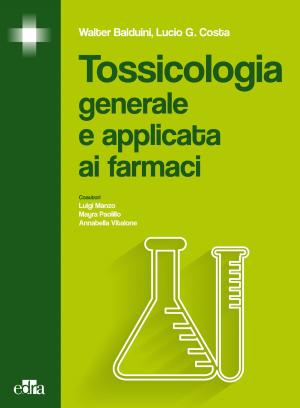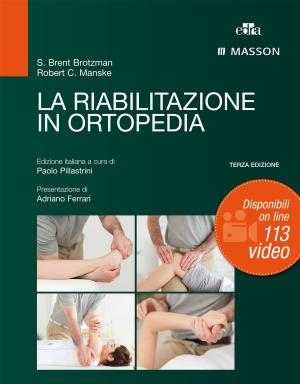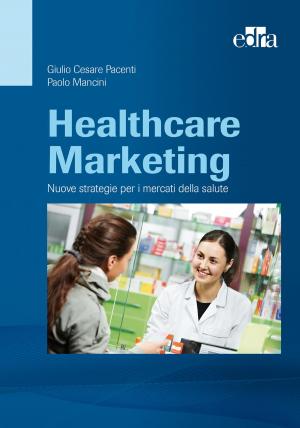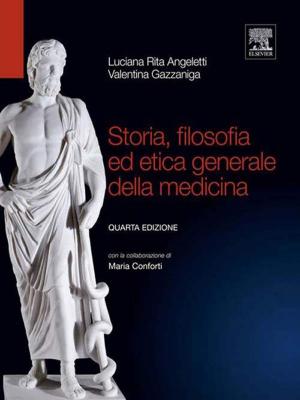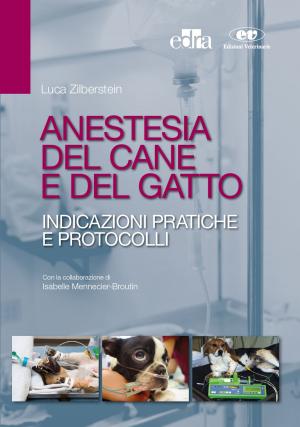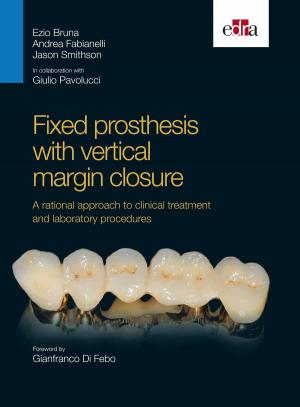The GAVeCeLT manual of Picc and Midline
Indications, insertion, management
Nonfiction, Health & Well Being, Medical, Nursing| Author: | Mauro Pittiruti, Giancarlo Scoppettuolo | ISBN: | 9788821443992 |
| Publisher: | Edra | Publication: | May 30, 2017 |
| Imprint: | Edra | Language: | English |
| Author: | Mauro Pittiruti, Giancarlo Scoppettuolo |
| ISBN: | 9788821443992 |
| Publisher: | Edra |
| Publication: | May 30, 2017 |
| Imprint: | Edra |
| Language: | English |
Venous access devices are necessary for any patient requiring repeated blood sampling, parenteral nutrition, chemotherapy, antibiotic therapy or other IV treatments to be delivered in the hospital setting or at home. In the last decade, ultrasound-guided PICCs and Midline catheters – inserted by adequately trained physicians or nurses - have suddenly and widely spread in the field of venous access devices all over the world. The introduction and diffusion of PICCs in Italy has been historically linked to the GAVeCeLT association (the Italian Group of Long Term Venous Access Devices) and particularly to the authors’ scientific and didactic activity. This volume examines the clinical indications for these devices and illustrates the details of their insertion and management in several clinical settings. Furthermore, all the specifications regarding the materials to use and all the aspects related to device removal and replacement, as well as the different strategies for complications prevention, are thoroughly discussed.
Venous access devices are necessary for any patient requiring repeated blood sampling, parenteral nutrition, chemotherapy, antibiotic therapy or other IV treatments to be delivered in the hospital setting or at home. In the last decade, ultrasound-guided PICCs and Midline catheters – inserted by adequately trained physicians or nurses - have suddenly and widely spread in the field of venous access devices all over the world. The introduction and diffusion of PICCs in Italy has been historically linked to the GAVeCeLT association (the Italian Group of Long Term Venous Access Devices) and particularly to the authors’ scientific and didactic activity. This volume examines the clinical indications for these devices and illustrates the details of their insertion and management in several clinical settings. Furthermore, all the specifications regarding the materials to use and all the aspects related to device removal and replacement, as well as the different strategies for complications prevention, are thoroughly discussed.
